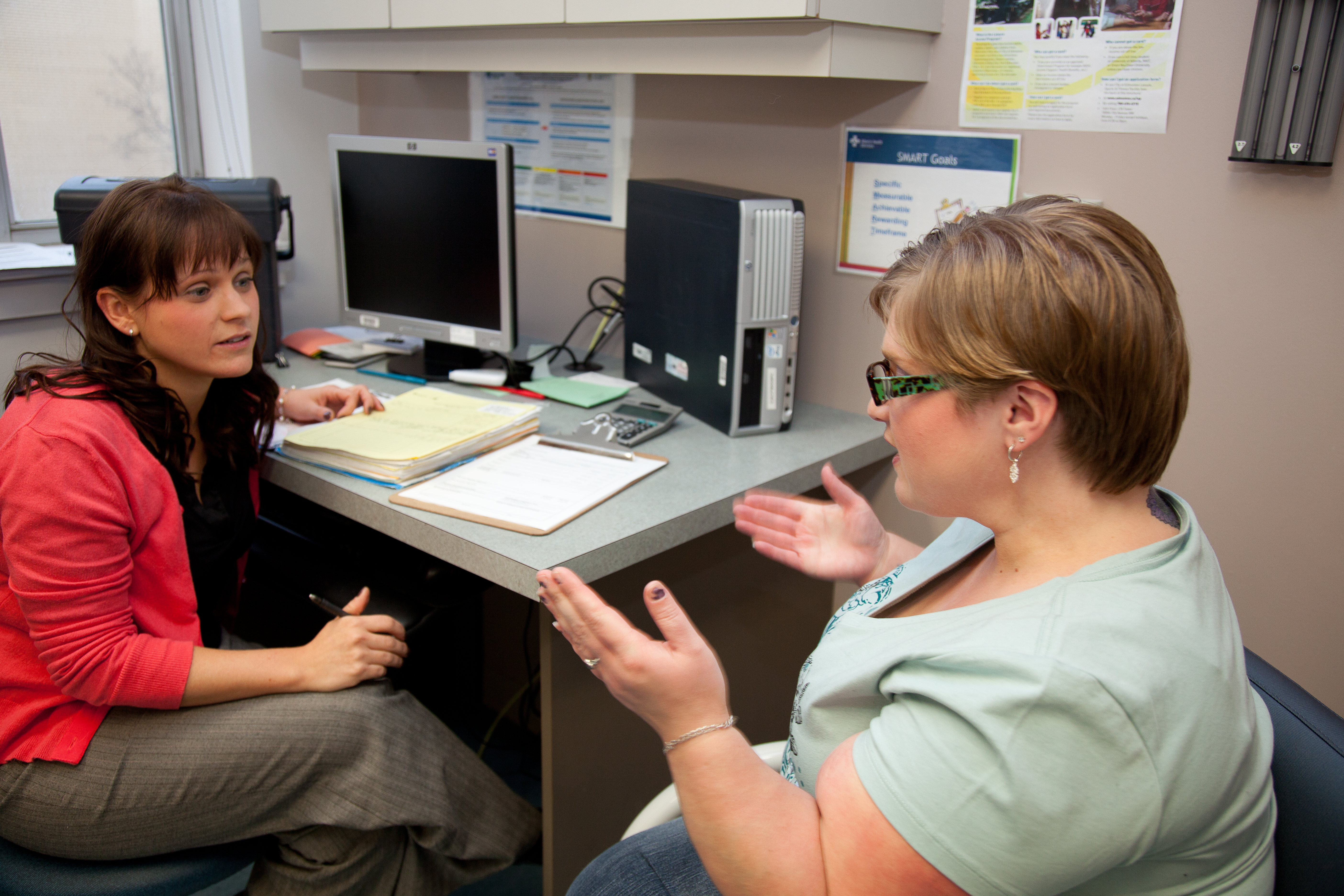By Jane Ogden, University of Surrey, UK
Weight is a tricky problem to talk about in a consultation. Some patients may be sick of hearing the words ‘You could lose some weight’ every time they visit the clinic: regardless of whether they have come in because of a sore throat, a cervical smear or a potential heart problem. They may have experienced a lifetime of feeling stigmatised by the medical profession and think that all anyone ever sees is their body size. While this is so for some individuals, others may have never considered their weight as an issue, and could be insulted or surprised if it is raised. Some people may simply not want to hear the message and block out whatever is said, thinking for example ‘what do you know – you’re thin / fat / too young / too old’ or ‘science is always wrong.’ Raising the issue of weight therefore requires careful management of ‘when,’ ‘how’ and ‘what’ is said to an overweight person.
When …
People spend much of their lives with their fingers in their ears and have a fabulous capacity not to hear what is said. The first trick to getting messages heard is timing, and for weight, it is often best to attach it to a ‘teachable moment.’ These can be new symptoms, such as breathlessness or joint pain; a diagnosis of a condition such as diabetes or raised blood pressure; the mention of a life event such as a forthcoming ‘significant age’ or retirement; or some aspect of life that has become difficult, such as walking upstairs, carrying children or tying shoelaces. These teachable moments can make people ‘take their fingers out of their ears,’ so when a patient offers up their teachable moment, grab it and raise the issue of weight.
How …
But the next part isn’t easy! Should you say ‘fat,’ ‘weight,’ ‘overweight’ or even ‘obesity’? Should you be tentative and ask ‘Is it OK we have a chat about your weight?’ Or should you be more direct by stating ‘You need to lose weight.’? The jury is out, but my reading of the evidence in ‘The psychology of Dieting’ is as follows: health professionals are often more scared of the topic than patients. Health professionals should raise the issue even if they want to shy away from it. The word ‘obesity’ may shock, but a bit of a shock (not too much) may be helpful. Every patient is different; every health professional is different; and every consultation is a dynamic between two different people. So it comes down to a judgement at the right time and matching your approach to what you think would suit this particular patient right now. As long as what you say is said with warmth and empathy then it should be OK. For example, “Are you aware that being overweight can raise your blood pressure” can be a useful approach as it links weight to a specific health problem. Or ‘Losing weight could help your back problem” is a helpful start, as it makes weight loss the solution. Then once the conversation has been started, listen carefully to what follows, and adjust what you say to match it. This will help build a relationship that can work into the future, so they come back and further discussions can take place. A good place to find out more about this is within the research on ‘healthy conversations’ and ‘Making every contact count.’
What…
But then what? After the initial opening, what happens next determines how successful the person will be in losing weight. The next steps should help the patient realise their weight is a problem; help them believe that weight is related to what they do (i.e. behaviours and not genetics, hormones, medication, or the government – whatever the truth is or whatever they think); empower the person to change what they do; have them like you enough to trust you and want to come back; and eventually help them to feel ready to make a change.
Losing weight is a long game. It is right to raise the issue of weight. But it should be done ‘when’, ‘how’ and ‘what’ in ways to make sure the long game is played out, rather than ending before it has even begun.
Practical recommendations
- When, how and what to say are key
- Chose your time carefully – try to bring up the topic of weight at a ‘teachable moment’
- Match your words to the patient’s own language, and don’t be scared to raise the issue of weight
- Encourage patients to see the role of their own behaviour in their weight problem – but with compassion and without blame
